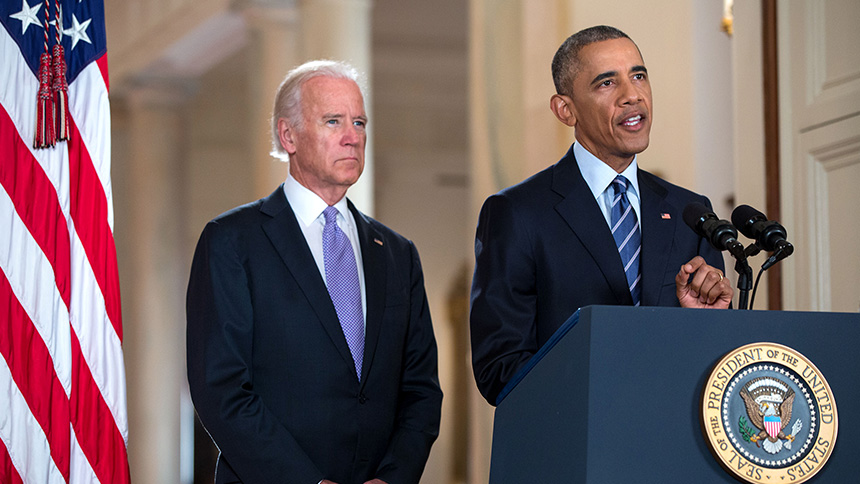How the President Will Help All Working Families with Young Kids Afford Child Care:
"If we knew how to do this back in 1943 and ’44, and here we are in 2015, what’s the holdup? It is time that we stop treating child care as a side issue or a 'women’s issue.' This is a family issue. This is a national economic priority for all of us. We can do better than we’re doing right now."
Middle-class economics is the key to restoring the link between hard work and being able to get ahead. It's about giving everyone the same set of rules so everyone has a fair shot of getting ahead. But, right now, one of the greatest obstacles for families with young children is the rising cost of of child care.
Today, after delivering his State of the Union address this week, President Obama stopped by the University of Kansas in Lawrence, KS to lay out his plan to help alleviate this burden for every middle-class family who is working and trying to raise young children.
Here's what his plan will do for millions:
1. Make a landmark investment in the Child Care and Development Fund that helps every eligible family with young children afford high-quality child care.
Here's why:

2. Triple the maximum child care tax credit to $3,000 per young child.
Here's why:

3. Create a new innovation fund to help states design programs that better serve families that face unique challenges in finding quality care, such as those in rural areas or working non-traditional hours.
Here's why:





